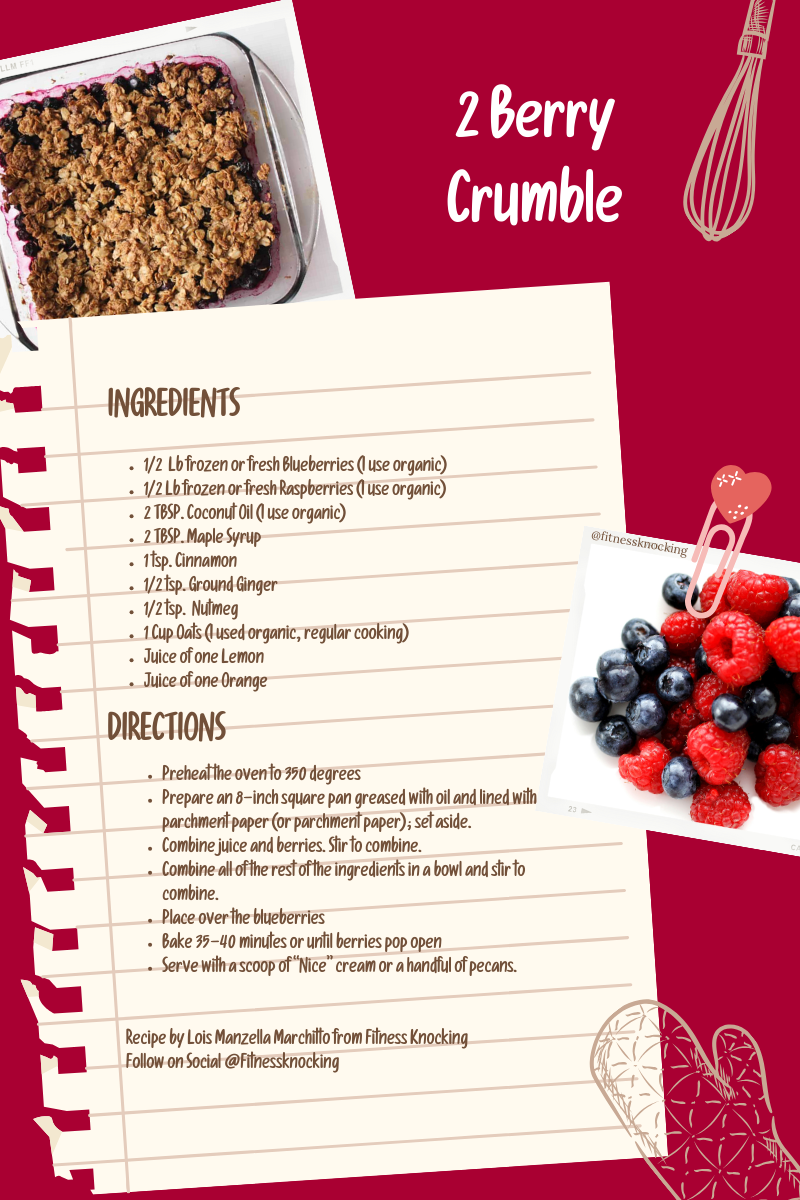
By Jaime L. Pula, RDN, PhD
Importance of water during exercise. Appropriate hydration is especially important during physical activity. Whether you’re just starting to move your body or you’re an athlete, adequate fluid intake is essential to comfort, performance and safety. The longer and more intensely you exercise, the more important it is to drink the right kind of fluids. In other words, you need to stay well-hydrated – for optimal performance and recovery. Researchers have found that a loss of two or more percent of one’s body weight because of sweating is linked to a drop in blood volume. When this occurs, the heart works harder to move blood through the bloodstream. This may also cause muscle cramps, dizziness and fatigue and even heat illness including: Heat Exhaustion and Heat Stroke.
4 Things That Affect Fluid Loss:
- Temperature: Exercising in the heat increases your fluid losses through sweating and exercise. In the cold, exercise may impair your ability to recognize fluid losses and increase fluid lost through respiration. In both cases, it is important to remain well-hydrated.
- Sweating: Some people sweat more than others. If you sweat a lot, you are at a greater risk for dehydration. Again, weigh yourself before and after exercise – to best determine sweat loss. Then, re-hydrate, as needed.
- Exercise Duration and Intensity: Exercising for hours (endurance sports) means you need to drink more (total volume) and more frequently – to avoid dehydration.
- High Altitude: Exercising at altitude increases your fluid losses and therefore increases your fluid needs.
General guidelines for fluid needs during exercise. While specific fluid recommendations aren’t possible because of individual variability, most people may use the following guidelines as a starting point, and modify their fluid needs accordingly.
Hydration Before Exercise:
- Drink about 15 to 20 fl oz; 2 to 3 hours before exercise
- rink 8 to 10 fl oz; 10 to 15 minutes before exercise
Hydration During Exercise:
- Drink 8 to 10 fl oz; every 10 to 15 minutes during exercise
- If exercising longer than 90 minutes, drink 8 to 10 fl oz of a sports drink (with no more than 8 percent carbohydrate); every 15 to 30 minutes during exercise
Hydration After Exercise:
- Weigh yourself before and after exercise and replace fluid losses – based on total weight loss.
- Drink 20 to 24 fl oz water – for every 1-pound weight loss.
Moving To The Outdoors When Moving Your Body
When engaging in physical activity outdoors, heat can be challenging and uncomfortable in the warmer months . Try to avoid the sun by being active in the early or late part of the day. Avoid dark-colored clothing and wear sunscreen and a hat to protect your face. Signs of heat exhaustion include cool/moist/pale skin, rapid pulse, low blood pressure, muscle cramps, headache, and sweating. And signs of heat stroke include hot/dry/red skin, body temperature over 104°f, rapid pulse, feeling confused, and a lack of sweating. Call 9-1-1 immediately, if these symptoms occur.
Jaime L. Pula, PhD, RDN, VP of Clinical Operations at Avidon Health, leads the clinical development of Engagement Rx, an innovative behavior change solution that uses cognitive behavior training and technology to advance the human connection and create lasting outcomes and can be reached at jpula@avidonhealth.com or (732) 207-8819.





